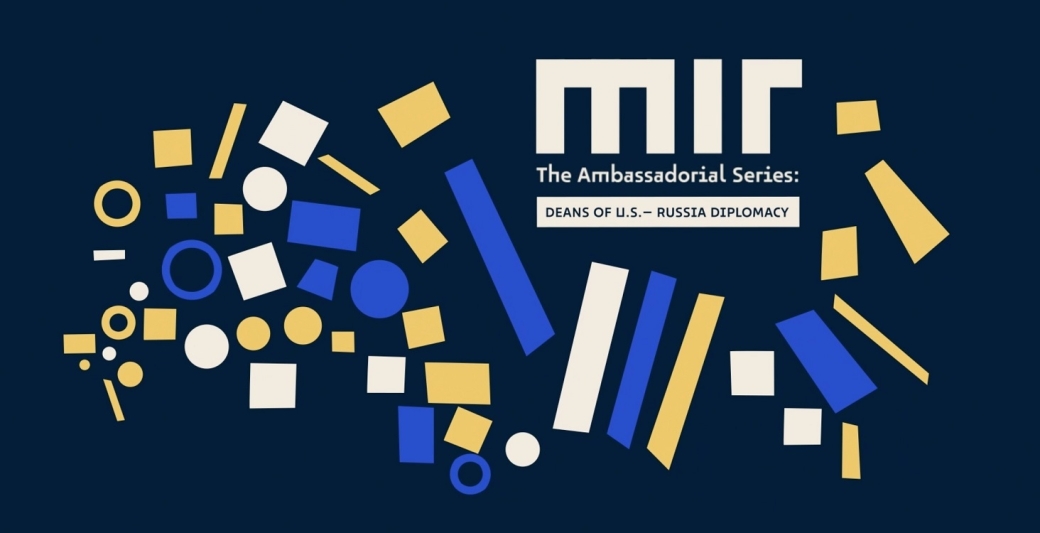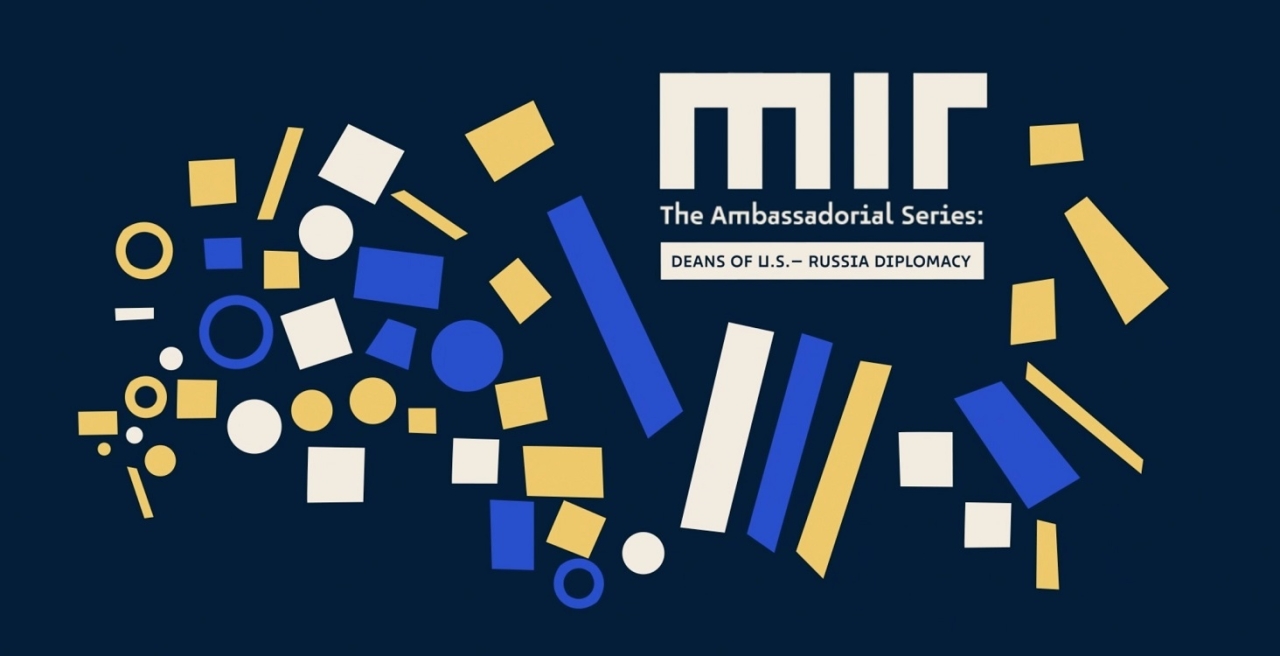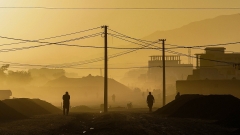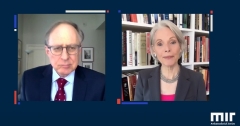Russian Investigative Journalist Elena Kostyuchenko Speaks With MIIS Russian Students
| by Irene Fernald
Russian investigative journalist and special correspondent for the Novaya Gazeta newspaper, Elena Kostyuchenko, spoke in Russian to MIIS students about her experiences reporting in the Donbass region of Ukraine and in Norilsk, Russia. Kostyuchenko provided insights on war and environmental justice and responded to students’ questions.





